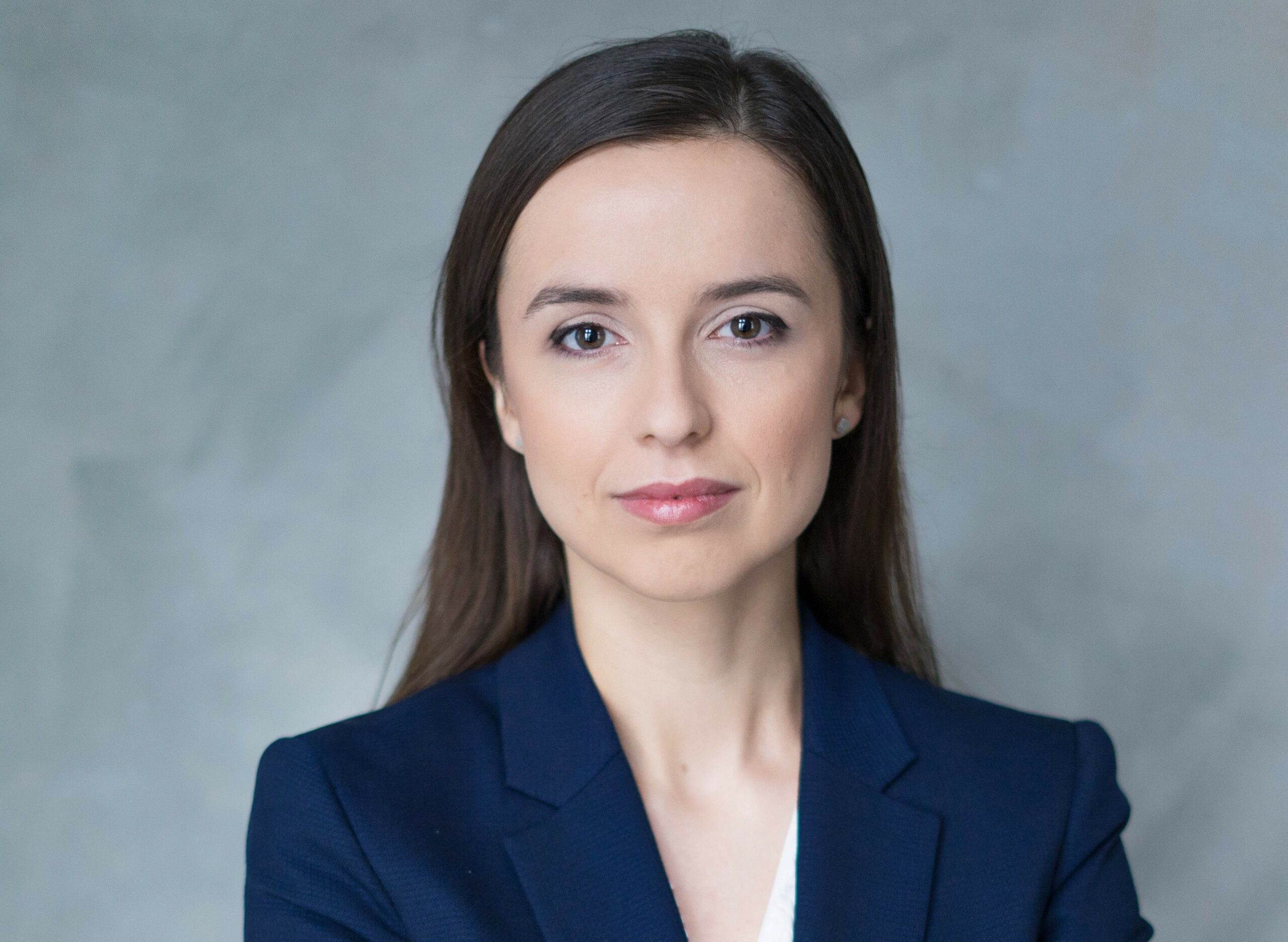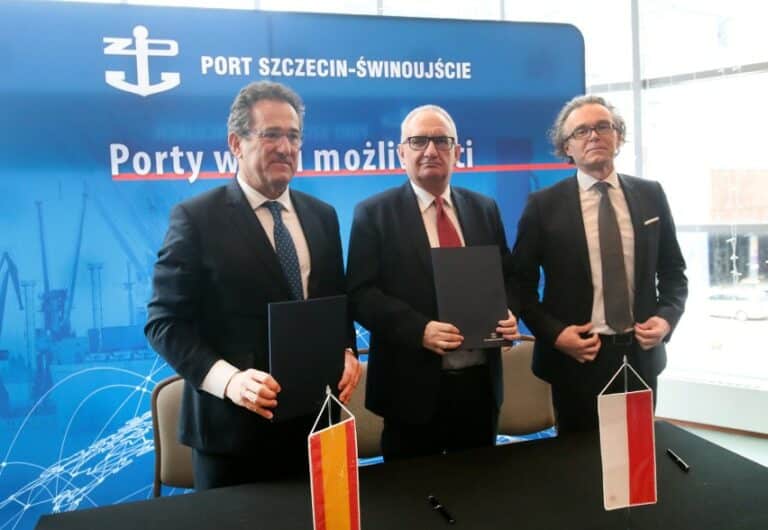Investment industry outlook 2024 by Magdalena Śniegocka from CVI
2024: Navigating challenges and capturing investment opportunities
The global economy has experienced significant turbulence in recent years, with factors such as geopolitical uncertainty, inflation, high interest rates, changes in global supply chains, sustainability concerns and ongoing technological revolution influencing long-term trends. As a result, investors are reevaluating existing strategies and actively seeking ways to diversify portfolios in response to this dynamic landscape.
Alternatives on the rise: Searching for attractive risk-adjusted returns
There is a significant opportunity for alternative asset classes, including private debt, to further gain share in the portfolios of both institutional and individual investors. Statistics reveal a remarkable evolution. In 1996, alternative asset classes constituted just 5% of global pension funds’ portfolio, and by 2019 accounted for over 25% (source: Blackrock). This trend is mirrored in private investors’ portfolios.
CVI expects this upward trajectory to persist, emphasizing the resilience of private debt returns amid recent macroeconomic and geopolitical shocks. Private debt has proven to provide high risk-adjusted returns with regular cash coupons, making it an attractive option for investors.
Addressing Poland’s Funding Gap: Investment opportunities in the private debt market
In Poland, there is a substantial and unmet funding gap, particularly with banks reducing lending to Small and Medium Enterprises (SMEs) during periods of market uncertainty. Data from the National Bank of Poland indicates that total SME lending for working capital and capex in the Polish banking system amounted to circa PLN 140 billion in January 2020. SME lending saw declines throughout 2021, with 14% y-o-y drop in April 2021 alone. In mid-2023, the aggregate lending value was only 5% higher than the pre-pandemic levels. At the same time, the financing needs of SMEs increased due to double-digit inflation and a post-covid consumption rebound in 2021.
Fund managers, including CVI, are well-positioned to address this demand-supply imbalance and capture this attractive investment opportunity. With the CEE region emerging as a top nearshoring destination globally, sectors like automotive, B2B services, transportation, construction, and industrials will require additional investments (and funding) to meet heightened demand for their products or services.
Inflation, interest rates, and M&A activity: more deals on the horizon?
In response to rising inflation, central banks globally, including the Fed and the ECB, have raised interest rates by a total of 4.5-5% within just a year. In Poland, this increase surpassed 6%, resulting in a cyclical low for the economy in Q4 2022 – Q2 2023. However, GDP forecasts now indicate a rebound, with expected annual growth rates of approximately 2.5% in 2024, rising to above 3% in 2025 (source: Bloomberg, OECD, European Commission, IMF).
High interest rates pushed down the asset valuations, which created a divergence in the price expectations of buyers and sellers. With rate cuts on the horizon, M&A activity should increase in 2024. Private debt is likely to play a crucial role in financing such transactions, especially in cross-border structures, management buyouts or buyouts of family members as part of succession planning.
Sustainability and technology: a paradigm shift
Environmental, Social, and Governance (ESG) considerations have become pivotal factors in investment decisions. In real estate, the adoption of green building standards and certifications along with advanced energy efficiency, water or waste reduction initiatives, is gaining prominence. European companies are also gearing up for enhanced ESG data collection and reporting obligations, as mandated by the Corporate Sustainability Reporting Directive (CSRD). The CSRD legislation is already applicable to large and listed corporates. By 2027, it will also cover SMEs.
Market participants will have to evaluate their sustainability practices. Fund managers, including CVI, are no different. The integration of ESG in the investment process has already become a market standard. This implies that the investee companies will be under increasing pressure to improve data collection, its quality and transparency. Automatically, the projects with sustainability angle will achieve better valuations and attract more capital. As the green revolution continues, technological advancements will be indispensable. The technological revolution, including AI, will have profound effects on various sectors, improving efficiency, fueling innovation and reshaping investors’ portfolios.
The investment industry in 2024 will have to navigate uncertainty and evolving market dynamics. Managing these challenges requires a vigilant approach to changing long-term trends. In this context, investors will likely search for compelling portfolio diversification opportunities, including those offered by private debt.







